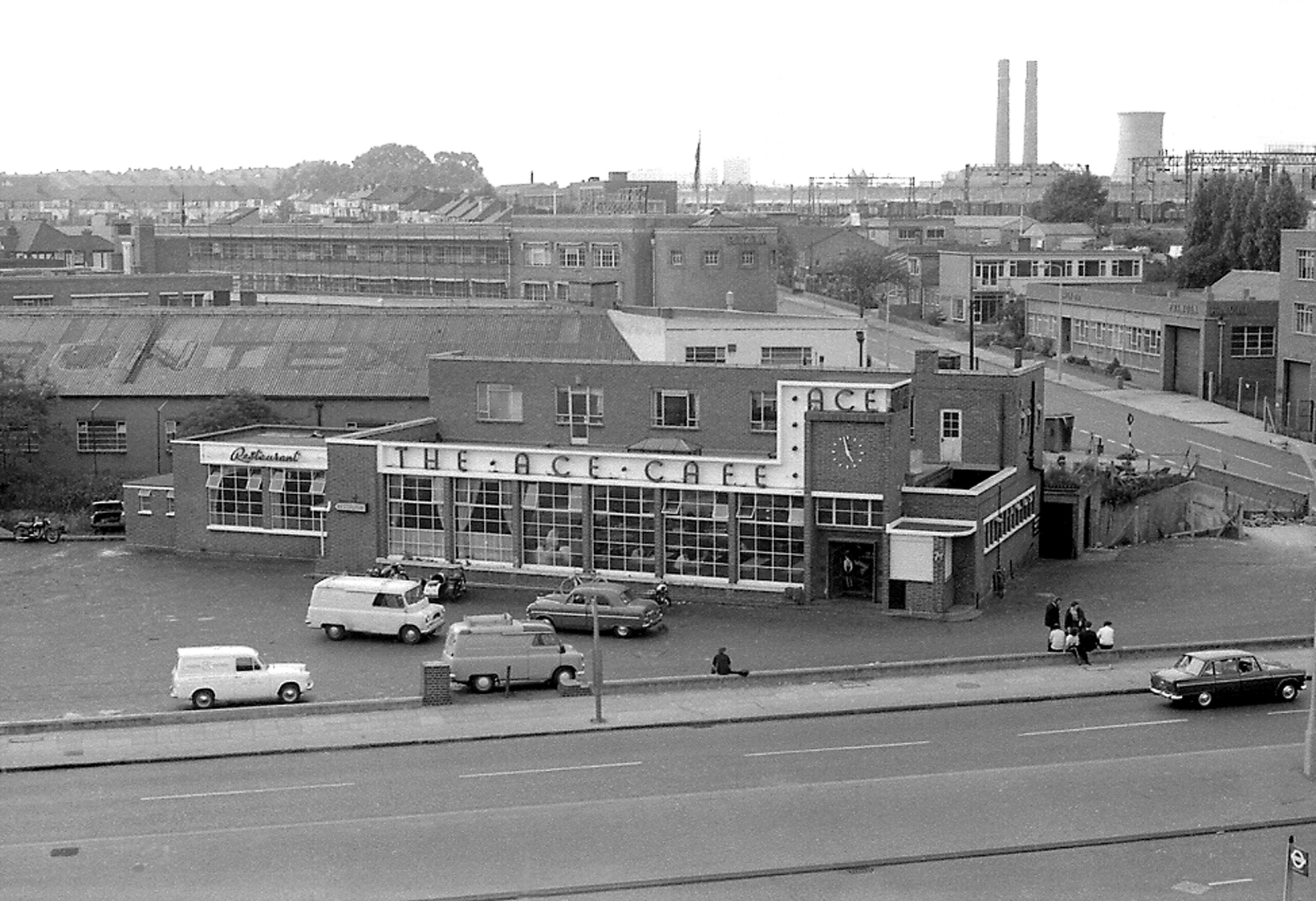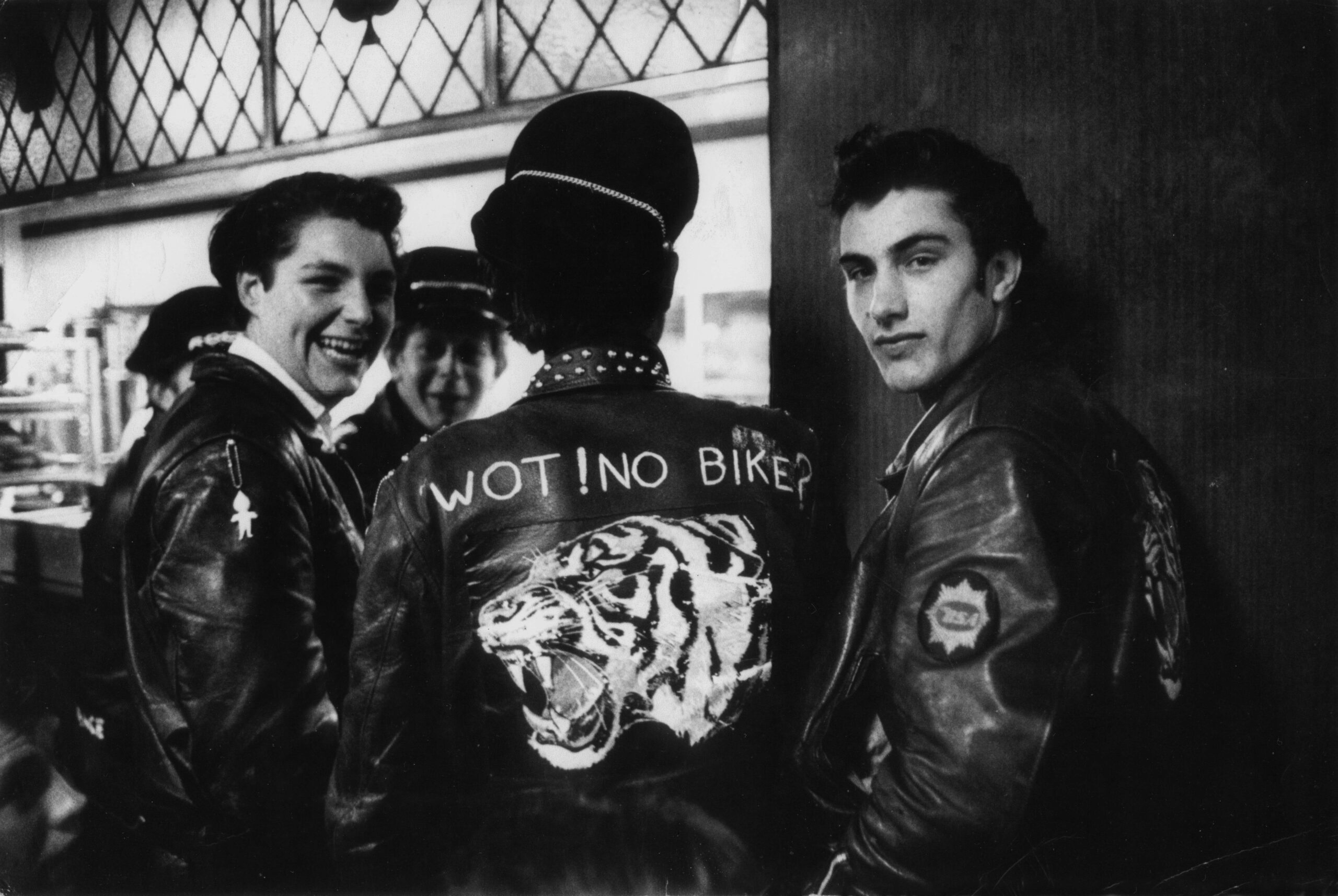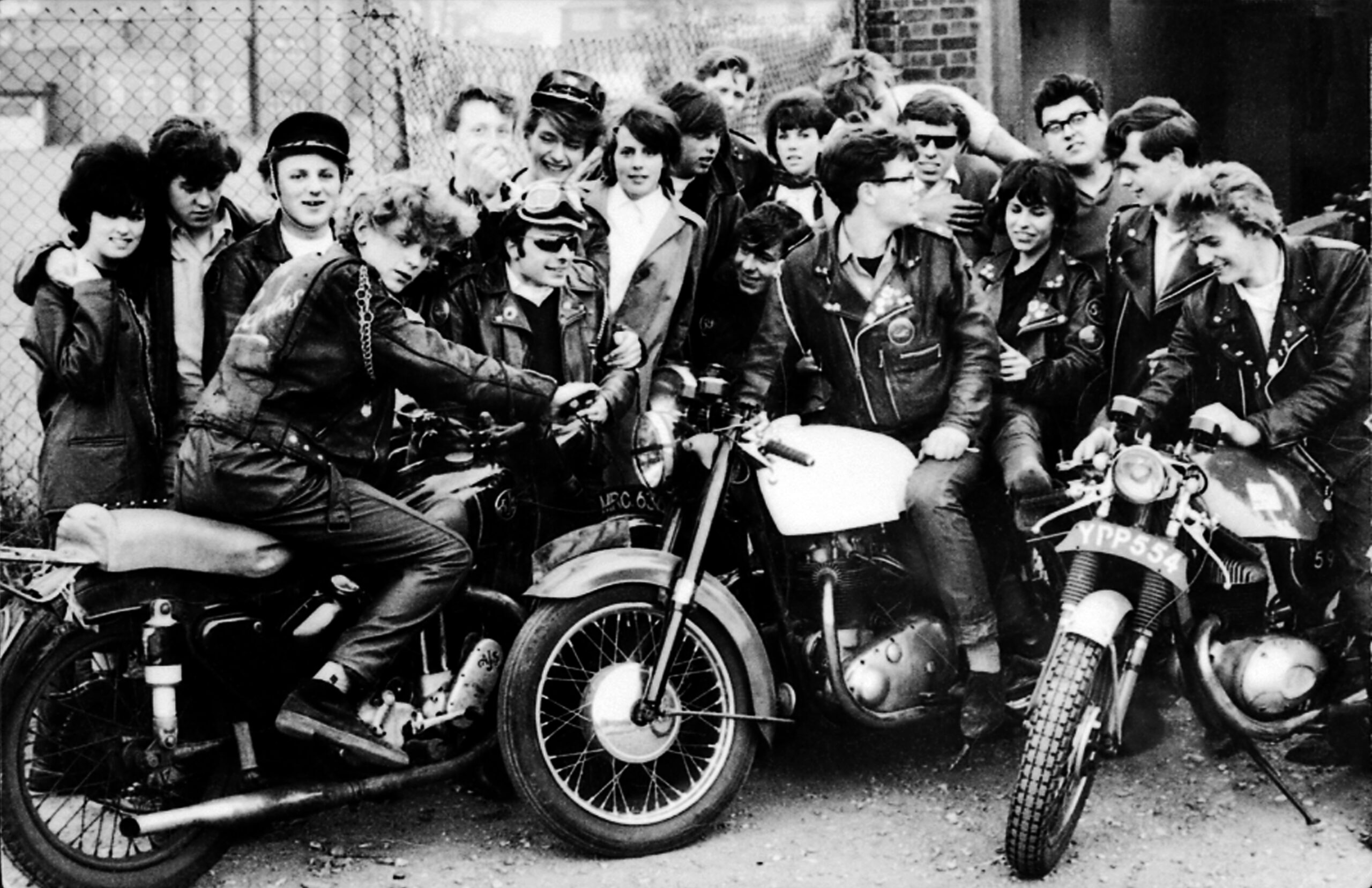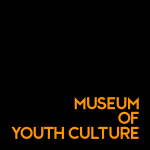
Mark Wilsmore
memories from london's ace cafe
Text by Esta Maffrett | 12.01.22
Since opening its doors in 1938 the Ace Cafe has been an iconic spot for racers and petrolheads to gather. Placed ideally alongside the newly built North Circular, it was the perfect location for young people eager to race their new wheels. We sat down with Mark Wilsmore, who reopened the legendary spot after it closed its doors in 1969 to become a tyre shop, to chat about what made the Ace such a special place for young people and how the culture has changed today. We consider what keeps on drawing young people back to the fast and free lifestyle.
In its heyday in the 50s and 60s, on any given day the Ace Cafe would be full of Ton Up boys riding their bikes at ever faster speeds and listening to Rock n Roll on the jukebox. The Ace was one of many transport cafe’s up and down the country providing a home for one of Britain's most iconic subcultures. The Ace has held a special place in motor history and to this day you can meet there to meet likeminded petrol heads and grab a fry up.
Mark spoke about what made the Ace such a perfect location for a new generation of teenagers; “Well, my observation would be that the Ace is somewhat unique in that back in the day (there were) no speed limits, 17 with a provisional licence and L plate you could ride any bike you like, no training. There's cafe's everywhere and there's fast bits of road all over the place. Now what is somewhat unique about the Ace is its location. It's on a fast bit of road that isn't going in or out of London, it's going around London.” Mark goes on to explain that to go to other cafe’s “or to race around via them, you're going either out of London, and then having to come back. Maybe it's through South London or North London, East London. whereas the Ace you weren't leaving London, it's East West and you're still in London. So that's one key bit, it seems to me as to the ease of access, you weren't committing to going out into the sticks, you were still in London.”

But it wasn't just about this fresh circular bit of road, Mark adds: “The other is the topography. You’ve got this fast stretch of road immediately alongside a great big car park. So in that car park you can observe people going up and down that fast bit of road. And better still, the cafe being a little bit higher than the car park and the road all glass and south facing overlooking that carpark and road. So from in the cafe you can see who’s in the carpark who's racing out on the road and vice versa, from the road you can see who's in the carpark and who's in the cafe. There's a dynamic there that I think any youngster finds addictive. Then throw into that the ease of access. There's lots of accidents and crashes all over the country but the press could easily get to the Ace because it’s in London, it's just up the road from the tube station so the press could descend on it to interview people and all that with ease. Perhaps not for good reasons. So the repute of the place just grows and grows. I think it’s embedded in the location in the topography and the ease of access, which makes it seem to be quite unique amongst all other premises.” The Ace quickly gained a reputation as favourite spot for the teenage delinquents of the 50s and 60s - dressed in their leather uniforms, on ever faster bikes that could take you anywhere! It's easy to see how enticing it was to young people seeing the Ace reported in the news.
As well as the need for speed, many young people entered the world of wheels through music as cafes became the undisputed home of British Rock n Roll. “Back in the day of course the only music in cafe's would have been the jukebox. The only place you could hear what was then new music, this rock and roll was on jukeboxes. There weren't any clubs playing it, radio didn't play it. But there's this new sound, this exciting new sound being played on jukeboxes, so the kids love the jukeboxes they would find in cafes. Of course as well as those that had that interest in bikes there were those who had a specific interest in music. … People would be listening to that music and then get the idea to form a band. So locally to the cafe you (start to) have bands, like Johnny Kid And The Pirates, The Who from up in just up the road in Harrow. So youngsters would get it in their heads to form bands. Other youngsters then go on to open clubs. So gradually with new music whole new ways of enjoying music came to pass. It seems to me (the Ace had) this ability to find a home for youngsters. The appeal was both the carriageway, the premises and the jukebox music.” Beyond the jukebox, the Ace today puts on gigs throughout the week, building a music community alongside the bikes.
"So from in the cafe you can see who’s in the carpark who's racing out on the road and vice versa, from the road you can see who's in the carpark and who's in the cafe. There's a dynamic there that I think any youngster finds addictive."

Running the Ace Cafe for over two decades, Mark sees generation after generation of young riders pass through the cafe's doors. Speaking about the more recent bike life movement and focus on performing the maddest tricks, Mark says: “It's the young doing what they can with the technology at hand. Back in 1950-1960 the technology of the vehicle didn't allow that. Your tires have improved enormously. The quality of tires, the quality of suspension systems, the quality of brakes, the quality of gearboxes, everything's improved enormously. So you can do things which were impossible to do not that many years ago. And the whole thing of being young is, here I am, look what I can do. And of course there are forever new ways of fulfilling on that teenage hormone that drives us, triggering the body to produce adrenaline. Typically, you want more and more of that drug, adrenaline and I don't see that changing into the future at all.”
The need for speed has never gone away and each generation reinvents motorcycle culture to suit the times. If 70 years at the Ace tells us anything, it is that bikes will always have a dedicated youth following - whether it means they can do a delivery job or they're drawn to the adrenaline of stunts and speed. And the Ace will always provide them a home.

